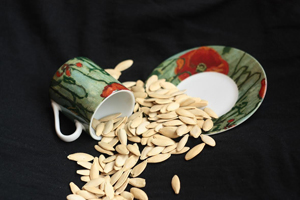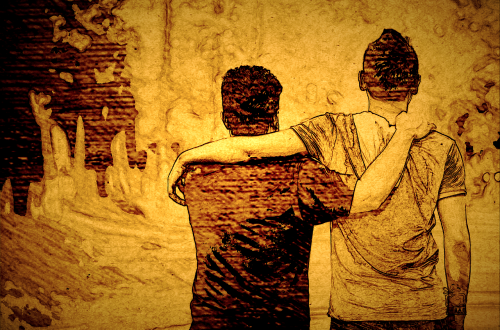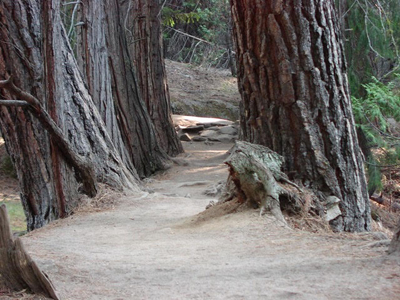
Leave it
As a young Christian in college I was challenged to ask God to provide a specific amount of money so I could pass it on to a ministry or mission and experience the joy of being a conduit for God’s generosity. I stepped out hesitantly and asked God to give me $15 so I could give it toward a friend’s mission support. Then I watched and waited. Only a few weeks letter I received a valentine’s card from my stepmother (who never wrote to me). It contained a check for $15.
Later, in our early marriage, my husband and I decided to ask God to overfill our cup by $100 each month for a year so we could give generously. EVERY month that year, the Lord passed through our hands an extra $100 from the most unexpected places: an insurance reimbursement we didn’t know was coming; a repair bill for a hundred dollars less than the original quote; a birthday check from a distant aunt …
Through these experiences I learned so much about God’s generosity and about the ways he equips us to be givers too.
Our starting place began with recognizing and acknowledging that all we are given isn’t ours, really. It is all his. In his gracious generosity, he provides for our needs, and when he gives extra it is so we can experience the joy of giving to others. Like the mother who gives her young son a dollar to buy his sister a birthday gift, so God gives to us so we can give to others.
Principles for giving were laid out in Old Testament:
“When you harvest the crops of your land, do not harvest the grain along the edges of your fields, and do not pick up what the harvesters drop. Leave it for the poor and the foreigners living among you. I am the LORD your God.” (Leviticus 23:22 NLT)
The message in this verse is so counter to the messages in our American culture. Our world calls us to live on the edge, to go the distance, to grab it all. But God's Word says, leave space, have leftovers, share. Our culture urges us to not only consume all we have, but to wander into fields we might have in the future and take more from there (aka debt). But Scripture teaches us to use less than we have so we can participate with God in caring for others.
This applies not only to food, as in this passage, but to all of life: time, energy and attention, as well as money and things. We are not only to leave grain at the edge of our fields so we can give to the poor, but God teaches us to keep the Sabbath, which helps to create margins so we have the emotional, spiritual and physical energy to bear one another's burdens.
In Psalm 23 we learn that God fills our cup to overflowing. Why? Perhaps it is not so we can slurp up the excess from the saucer, but so we have extra to share with others. And, as my experiences as a young believer taught me, we can learn to ask God to reveal to us the extra and where to give it. Otherwise, it is easy to miss the gifts he means for us to pass along. In other words, he shows what is in the cup and what is in the saucer.
Why is it important for Christians to be generous? At the end of Leviticus 23:22 we find the answer. I am the LORD your God. The God we serve, our God, is a giving God. As those who belong to him, who are made in his image, we give because he gives (think John 3:16). In fact, perhaps we are most like him when we give.
As his people, following his example and instruction, the message is clear. We are not to harvest the edges of our fields or pick up what the harvesters drop. We leave it. We do not sip from the saucer. We share it. We do not tighten our fists around the crumpled dollar. We give it.
And when we do, we get to experience the delight that only cheerful givers experience—the kind of joy that made Jesus able to give his life for us (Hebrews 12:2).


